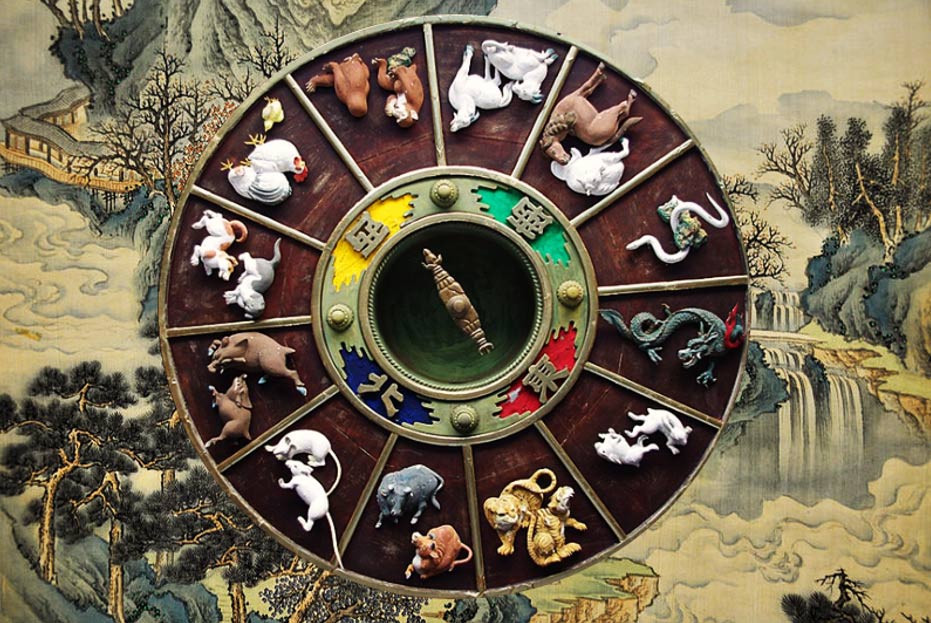- Total £0.00
The Fascinating History of Alchemy and its Impact on Modern Science
What is Alchemy?
Alchemy is an ancient practice that attempted to transform regular metals into gold and to find a potion for eternal life. It is sometimes seen as a predecessor to modern chemistry and was popular in ancient cultures like Egypt and China. Some well-known alchemists include Isaac Newton, Robert Boyle, and Sir Francis Bacon. Even though it is often thought of as a pseudoscience, alchemy has impacted modern science significantly.
The History of Alchemy
The history of alchemy is traced back to ancient Egypt, where it was closely associated with the priests of the temple of Ra. These priests were believed to possess the knowledge of how to transform base metals into gold, and they were able to create an elixir that would grant eternal life.

In China, alchemy was a significant part of the culture. The Chinese practiced a type of alchemy known as "Chin-i," which centered on changing metals and making an elixir of immortality. The Chinese thought that by achieving these objectives, they could gain great power and knowledge.
Over time, alchemy spread to other parts of the world, including Europe. In Europe, alchemy became closely associated with the practice of chemistry and was pursued by many well-known scientists and philosophers. Some of the most famous alchemists include Isaac Newton, Robert Boyle, and Sir Francis Bacon.
The Influence of Alchemy on Modern Science
Alchemy, despite being viewed by some as a pseudoscience, has actually had a significant impact on the field of modern science. Many of the ideas and methods used by alchemists were later improved upon and incorporated into the study of chemistry. In fact, the study of alchemy played a crucial role in the evolution of chemistry as we know it today.
For example, the concept of a "philosopher's stone" that could transform base metals into gold was eventually replaced by the concept of the "chemical element," which is the fundamental building block of matter. Similarly, the pursuit of an elixir of eternal life led to the development of many important medical treatments and medications.
Isaac Newton, the renowned scientist and mathematician, was deeply interested in alchemy and devoted a significant amount of time to studying it and conducting experiments. He even wrote extensively about his alchemical research and published a book called "The Chronology of Ancient Kingdoms Amended," which included some of his discoveries in the field. Newton was fascinated by the idea of the philosopher's stone, a mythical substance believed to have the power to transmute base metals into gold and to provide eternal life, and he hoped to uncover its secrets through his alchemical research.

Despite his efforts, Newton was never able to discover the philosopher's stone or create gold from base metals. However, his alchemical research did have an impact on his scientific work. For example, his study of alchemy influenced his theories about the nature of light and his development of calculus.
Conclusion
Despite being considered a pseudoscience by modern standards, the influence of alchemy on the development of chemistry and medicine cannot be denied. While the search for the philosopher's stone and the elixir of life may have been misguided, it ultimately led to many important scientific discoveries and advancements.
The study of alchemy also reflects the human desire for knowledge and understanding. It highlights our endless curiosity and the lengths we will go to in order to uncover the secrets of the world around us. In a way, the pursuit of alchemy was a search for ultimate truth, an attempt to uncover the fundamental laws of the universe. Even though the alchemists may not have found the answers they were seeking, their efforts serve as a reminder of the boundless potential of the human mind and the power of our innate desire to comprehend the world.

